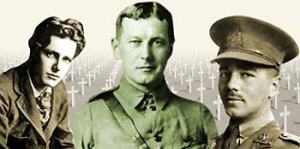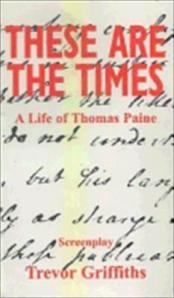Some time back I came across an beaten up old contra bass at an auction. I was able to buy it for less than $50 presumably because most people looked at the wood coming away from the body and thought that the bass was useless. However, stringed instruments like this are glued together by hide glue, which is used because it allows for the instrument to split at a seam, in order to be repaired, rather than the instrument just breaking or snapping at a place where a repair would be very difficult, and or expensive. The pressures placed on a contra bass when tuned are enormous, so inevitably if an instrument is stored incorrectly it will come apart. The good news is that they can be repaired. So at this particular auction, where most saw junk, I was able to see opportunity.
This is not unlike my philosophy of teaching. When I start a school year I have a simple choice to make. Am I going to fall into the trap of deficit thinking, and look at a class of students carrying a vast inventory of justifiable reasons why they could have difficulty passing my class? Or do I look at a roomful of opportunity? I am always going to choose the latter. In my view, with a little patience, and some hard work all students can pass m class.
I thought that the story of my contra bass restoration would be a good way for me to explain my philosophy of education via digital storytelling. It is important that my students understand from the start of the school year that my expectations are that they are all going to pass my class. And that I, as their instructor am committed to that shared goal.
Please check out my digital story.






